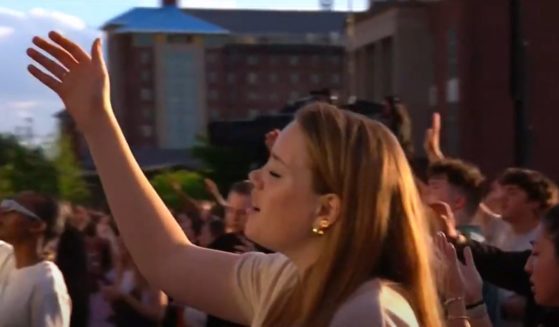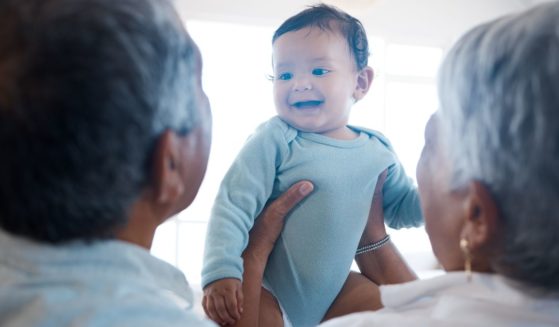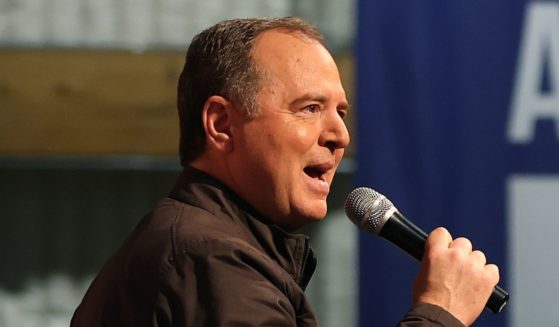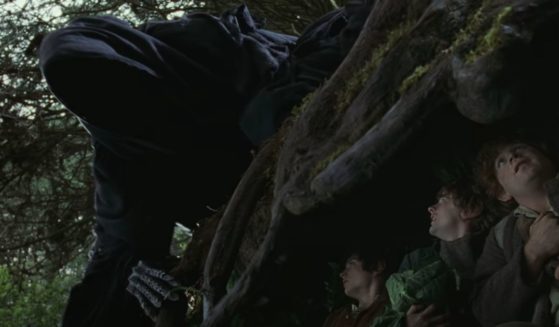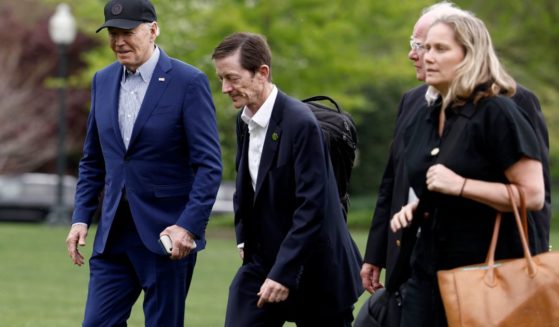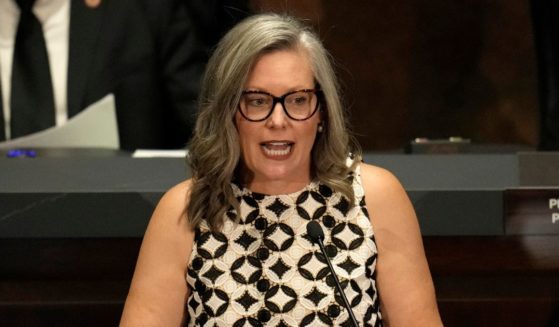COVID Patient Classified as Brain Dead in June Is Alive and Well
Inside the walls of Forsyth Medical Center in Winston-Salem, North Carolina, COVID-19 patient Tionna Hairston was declared a brain-dead woman in June. Four months later, she was released from the Novant Health Rehabilitation Hospital and went home.
When the Winston-Salem Journal called what happened in between “miraculous,” I’m sure they likely meant it in a secular sense. Her family definitely wouldn’t concur with that assessment, however.
According to an Oct. 20 Journal report, Hairston — who turned 26 in June — had been caring for her mother, Stacy Peatross, when she was diagnosed with the virus in May. Hairston’s initial symptoms were initially nothing more than a loss of smell and taste, now recognized as telltale signs of infection.
The symptoms began to accumulate in early June. She experienced extreme weakness and nausea. Perhaps most tellingly, she had crippling headaches — probably the sign of a stroke she had suffered, which left her unable to use one of her arms and caused her to have trouble walking.
“I didn’t pick up on it at the time because I thought she was just weak from the virus,” Peatross said.
“But, there came a point when I recognized the sign of a stroke where her eyes were going opposite of each other.”
The stroke caused bleeding on the brain and blood clots. While being treated in the intensive-care unit in June, she went into cardiac arrest, with her heart stopping and starting for half an hour — something Peatross called a “horrific experience, the worst 30 minutes of my life.”
“She had a heart rhythm that normally you can’t survive. They were immediately able to start chest compression, they shocked her to get a pulse and blood pressure going again, and oxygen into her system, but that’s on the very long end of a code,” said Dr. James McLean, director of the Novant inpatient rehabilitation hospital.
After she was revived by doctors, Hairston faced kidney and liver failure, as well as brain damage that had doctors telling her family she likely wouldn’t emerge from a vegetative state for the rest of her life.
“The CT scan showed the one side of her brain not damaged by the stroke was damaged by her coding and the CPR process,” Peatross said. “Her brain stem was damaged.
“The doctors told us her brain damage was so severe that she had a couple of days at the most. If she did make it past two days, she would be a vegetable.”
Peatross said “there were several family meetings to discuss what would be best for her, whether to take her off the ventilator and let her go to Heaven peacefully.” However, she cited Hairston’s faith in God as the one deciding factor in not pulling the plug.
“I could not give up hope, and her faith kept driving me and pushing me,” Peatross said. “Her father, and family and church family, helped me to make decisions that would have been next to impossible to make on my own.”
“I would go in and place my hands on her stomach and pray, on her head and pray. We had Scripture readings in the room, music playing every day.
“We were surrounded by a chain of prayer going up for her.”
Calling Tionna Hairston a survivor may be one of the great understatements of 2020. https://t.co/R4x0zRtFFD
— Winston-Salem Journal (@JournalNow) October 21, 2020
“They thought that we should take her off of life support because she had no hope for life. They thought she would be a vegetable. She wouldn’t have any quality of life at all,” Peatross said, according to WGHP-TV, which reported that Hairston was at one point in June “pronounced brain dead.”
The coming days and months would test her family — but prove God guided them to the right decision.
The restoration of her kidney and liver function in July meant she could be moved out of intensive care. Slowly, Peatross said, they began to see signs that Hairston was improving not just physically but mentally.
“She went from not being able to recognize us, not being able to smile, to being able to make a little bit of progress as she could,” Peatross said, describing how the months of July and August went.
“In our eyes, seeing little things were the signs we used to say she was getting better, and we’re on the up and up.”
The biggest improvement, Peatross said, came when Hairston was removed from the ventilator — which, according to Becker’s Hospital Review, she was on for two months.
“We really didn’t give her a lot of options,” Peatross said. “We told her if you want to go home, you’ve got to breathe, you’ve got to fight. And she listened and she responded.”
And on Oct. 20, after significant improvement, she went home.
Of course there’s work to be done — Hairston still struggles with the use of her arms and needs the help of a walker due to muscle atrophy. She also struggles with memory loss.
However, McLean said that Hairston emerging from this “with the cognitive recognition that she is displaying now is simply amazing.”
“I don’t know if there is a limit” to how much function Hairston can recover, he added. “We know from watching people recover from stroke is that they tend to have their most progress within three months to a year.
“She’s more than three months out now and continues to improve. The fact that she was 25 when all this happened helps with her prognosis in terms of parts of her brain picking up the slack from other parts that were damaged.”
He said that you could “just pick an adjective to describe Tionna’s recovery — incredible, miraculous, just amazing — to consider all she’s been through and where she is now.”
“She had every system in her body collapsed, everything shut down, and she’s got most everything back.”
In an interview with WGHP, Hairston credited two things for the fact she was able to emerge from the hospital just months after being declared brain dead from COVID-19: “my faith in God and the fact that I wanted to walk again.”
Indeed, Peatross said that Hairston’s recovery has been a moment of “pure faith and pure joy” to the entire family.
As it should be to all of us. This is the power of prayer and the power of healing. This is God’s hand working through trained medical professionals as well as a family who didn’t give up.
The coronavirus has launched many of us into dark nights of the soul. For some, it’s job loss or social isolation. For others, it’s the loss of someone close to them.
Many have gone through struggles like Hairston’s. Many won’t regain as much as much function as she did.
For many, this will serve as a reminder God does miraculous things in the darkest of circumstances. For many others, it will remind them that God’s plan didn’t include that miracle.
We should acknowledge all of that when we remember the words of the apostle Paul in Philippians 4:6-7: “Do not be anxious about anything, but in every situation, by prayer and petition, with thanksgiving, present your requests to God. And the peace of God, which transcends all understanding, will guard your hearts and your minds in Christ Jesus.”
Philippians, for the unfamiliar, found Paul in what should have been unhappy times; it was a letter written to the church in Philippi while Paul was in a Roman prison, contemplating a potential death sentence. (“I am torn between the two: I desire to depart and be with Christ, which is better by far; but it is more necessary for you that I remain in the body,” he wrote in Philippians 1:23-24.)
It would be glib and impossible to suggest we have the faith of the apostle Paul. But to have the faith of Tionna Hairston and her family — who placed their faith in God, his word and the medical practitioners his hand guided — is something we can and should aspire to.
Thanks to God’s goodness, she’s showed up in the most stunning place anyone could have imagined just a few months ago: leaving a hospital after being practically left for dead.
Truth and Accuracy
We are committed to truth and accuracy in all of our journalism. Read our editorial standards.

